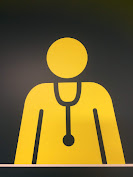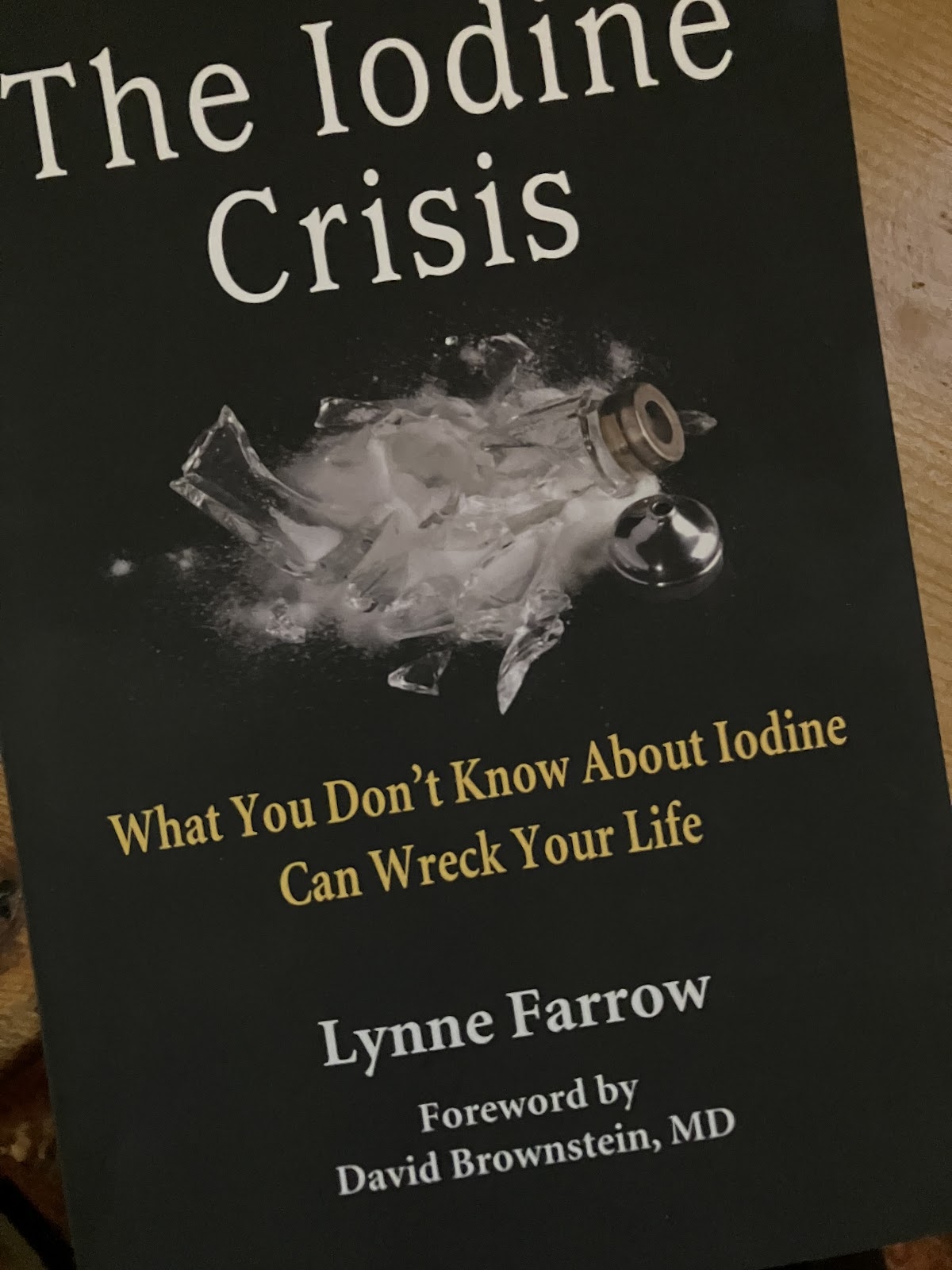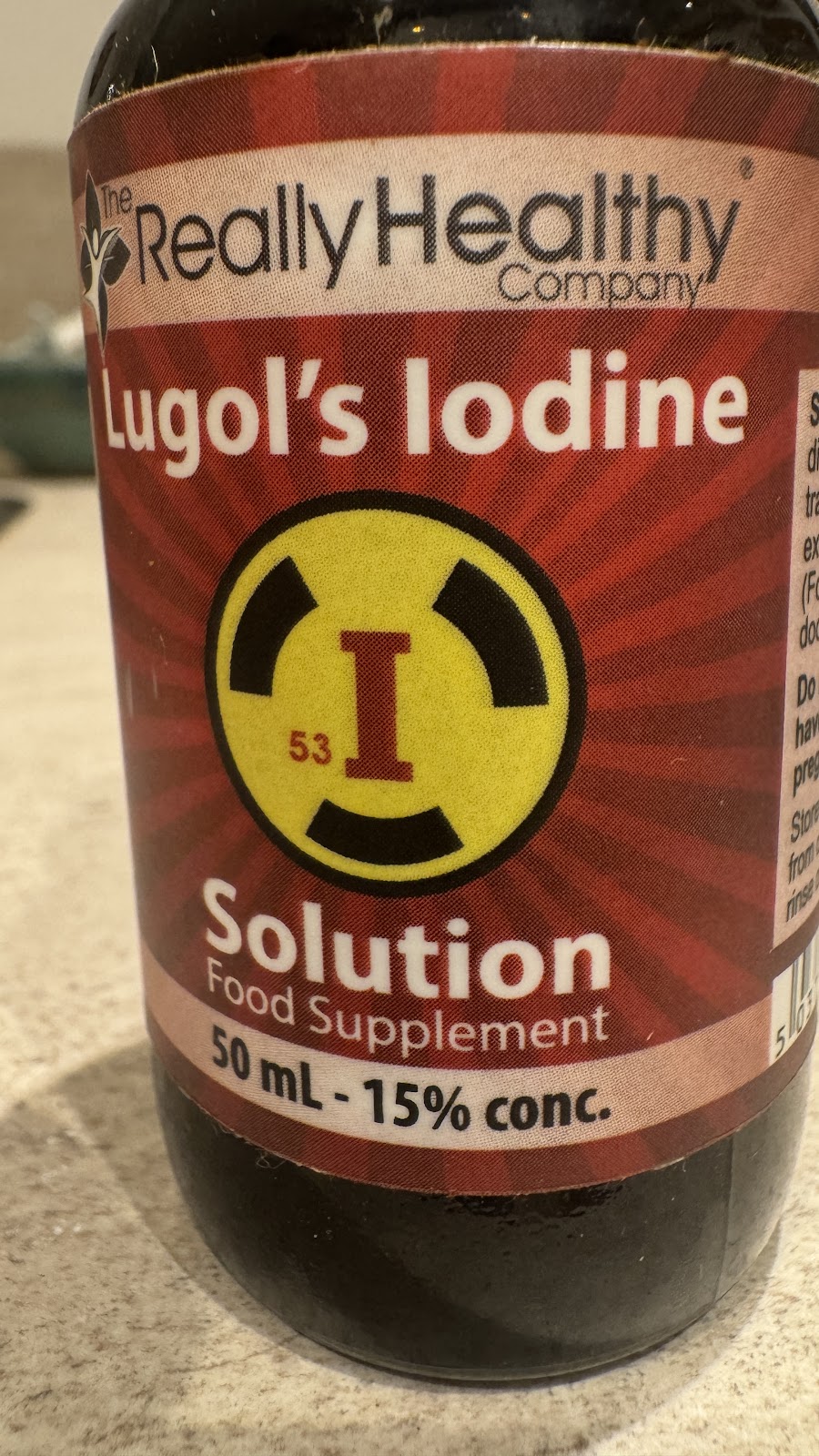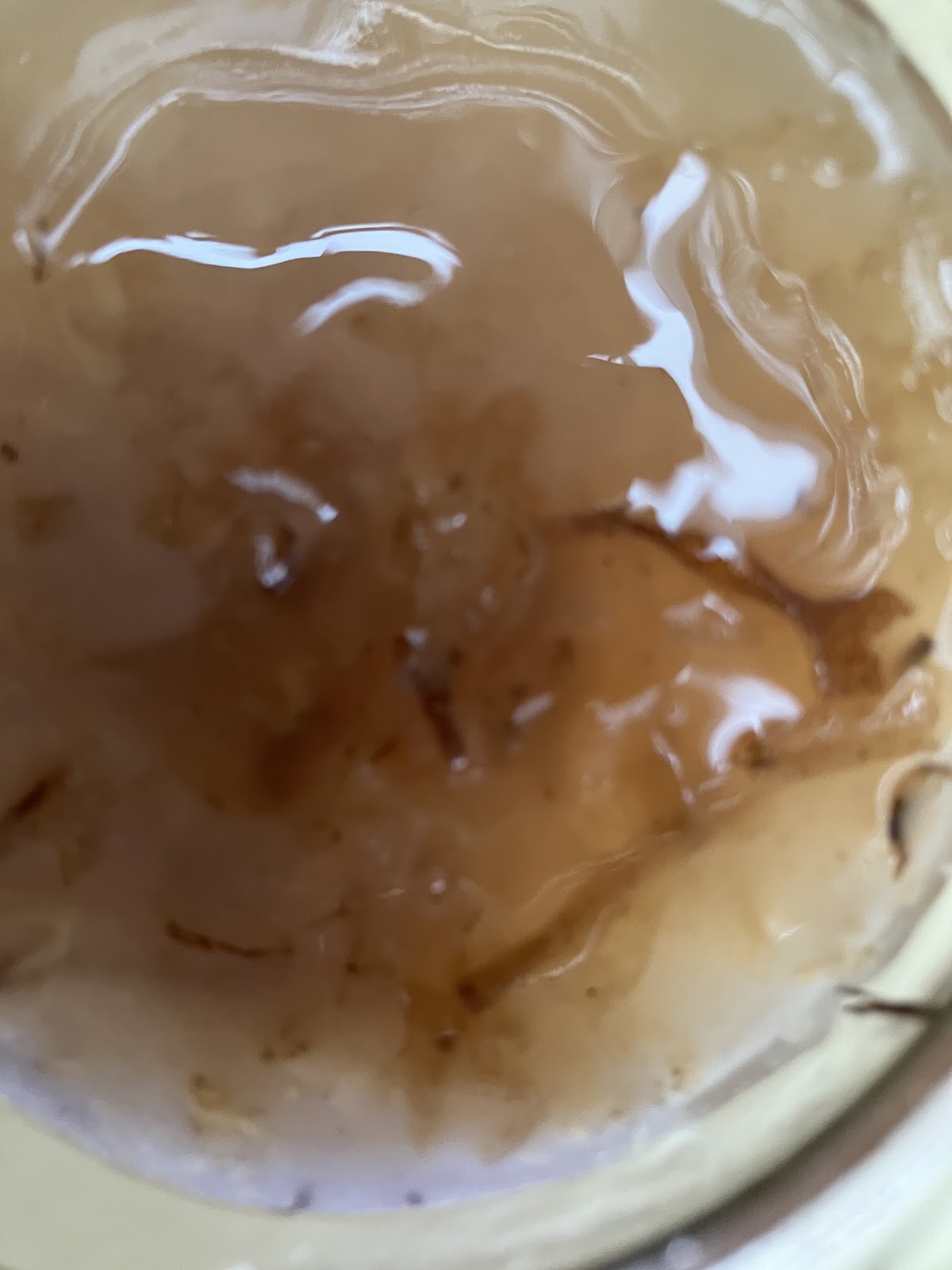There are so many ways of looking at cancer - in recent blogs I’ve been writing about Mark Lintern’s view - see more here and here. Our health services are still focusing on removing (surgery), burning out (radiation), or poisoning (chemotherapy), yet what we have learnt about cancer shows there is so much more we can be doing.
In Cancer and the New Biology of Water, Thomas Cowan, MD, argues similar to Mark Lintern that this failure was inevitable because “the oncogene theory is incorrect—or at least incomplete—and based on a flawed concept of biology in which DNA controls our cellular function and therefore our health”. Indeed the evidence is overwhelming regarding the oncogene theory.
Dr. Cowan sees the root cause is metabolic dysfunction that deteriorates the structured water that forms the basis of cytoplasmic—and therefore, cellular—health. I am not sure how this fit’s with Marks work but I found his ideas about ‘structured water’ and it’s role in cellular health fascinating.
In the book, Dr. Cowan writes about the four states of water, three that we know well are ice, liquid, and steam. The one that I had not come across he defines as “gel.” This gel is the body’s ‘life force’ within all our cells and this determines how healthy we are. He argues that by restoring this intracellular gel we have a key to treating cancer more effectively.
In the book Dr. Cowan reviews quite a number of promising treatments and calls for research on them - these include many that I’ve come across like the ketogenic diet, mushrooms, Gerson, Vitamin C, reducing electromagnetic frequencies, mistletoe, saunas and more. However some I had not come across. What was interesting was that he explained in the light of his theory how these treatments might work with cancer.
Quinton Plasma
One of those treatments I hadn’t come across was Quinton Plasma or Quinton isotonic seawater. He quotes the work of René Quinton, a biologist who lived in France (1867 to 1925), who noted that our blood serum has the same mineral composition as seawater. When we eat processed salt, we create an imbalance that causes ailments. Quinton learned how to refine ocean water to create a plasma that was used to treat disease during his lifetime. Dr. Cowan feels this marine plasma is a key to restoring balance in the human body.
Deuterium-depleted water
Another factor Dr. Cowan identifies that decreases health is deuterium in the water we drink. He argues deuterium affects energy pathways in the cells and can cause errors in our DNA. As we age, greater amounts of deuterium accumulate in our bodies, leading to an unhealthy imbalance. This reminded me of some reading I did a couple of years ago but didn’t follow up….
In 2022 I was sent a copy of the book ‘Deuterium Depletion – A New Way in Curing Cancer and Preserving Health’ by Gábor Somlyai; it appeared in English in February 2022 and I was asked to review. This was a fascinating book looking at how deuterium depletion inhibits the growth of cancer cells in the body. However most studies into deuterium, although very positive, are still on animals - and purchasing such water is sadly not a cheap option so I’ve not pursued further - but it is certainly one to watch!
For a good overview see this hour long podcast (if you can bear the repeated adverts) from Ricci Flow looking at: ‘Deuterium Depletion & Defeating Cancer with Gábor Somlyai’: https://youtu.be/imwnUK4XYbM?feature=shared
Then here is Somlyai talking about reducing metastases: https://youtu.be/tl8UF8snJN8?feature=shared
Here is some of the research that backed up Somlyai’s work: https://www.researchgate.net/profile/Gabor-Somlyai
Many of these treatments Dr Cowan discusses are crying out for research. I remember reading “Outsmart your cancer. Alternative Non-Toxic Treatments That Work” by Tanya Harter Pierce (2009) which looks at a whole host of other treatments like Rife, apricot kernels, Gerson, Hoxsey and Essiac that have been used over years. Some of the stories are fascinating - but they just don’t have the peer reviewed science to support them, although the many case studies may well be enough to persuade some to try. I think the book should carry a warning that some of those treatments could well be dangerous. Having said that some listed seem harmless and some may well be supportive to someone with cancer. It is a huge challenge negotiating all the hundreds of claims that folk make around cancer.
For me many of these treatments need more evidence before I would embark on them - but at the same time I do not judge those who may well want to try what some consider to be wacky! Indeed I have in the past and may well do again. Let us not forget that many conventional treatments are not wholly safe with massive side-effects and too often mainstream health professionals are too ready to dismiss possible ways forward. It was probably less than 20 years ago that the idea of a microbiome was dismissed yet now we know the huge and key role it plays. As always check out any treatment with your medical team.
Here’s Dr Cowan in a 45 minute podcast that looks at many of the issues he raises in his book: https://youtu.be/Vecoxzvi1ok?feature=shared



















